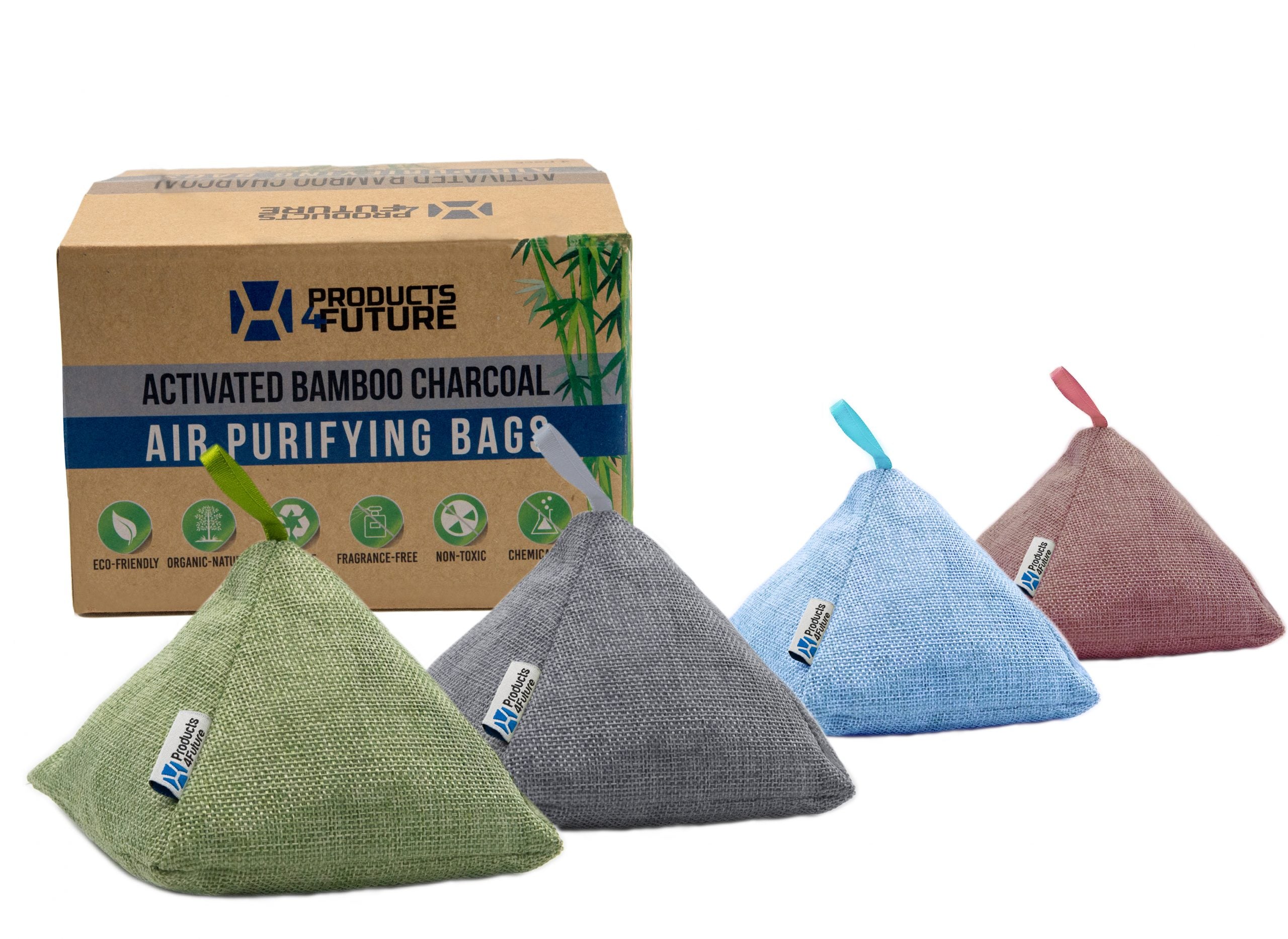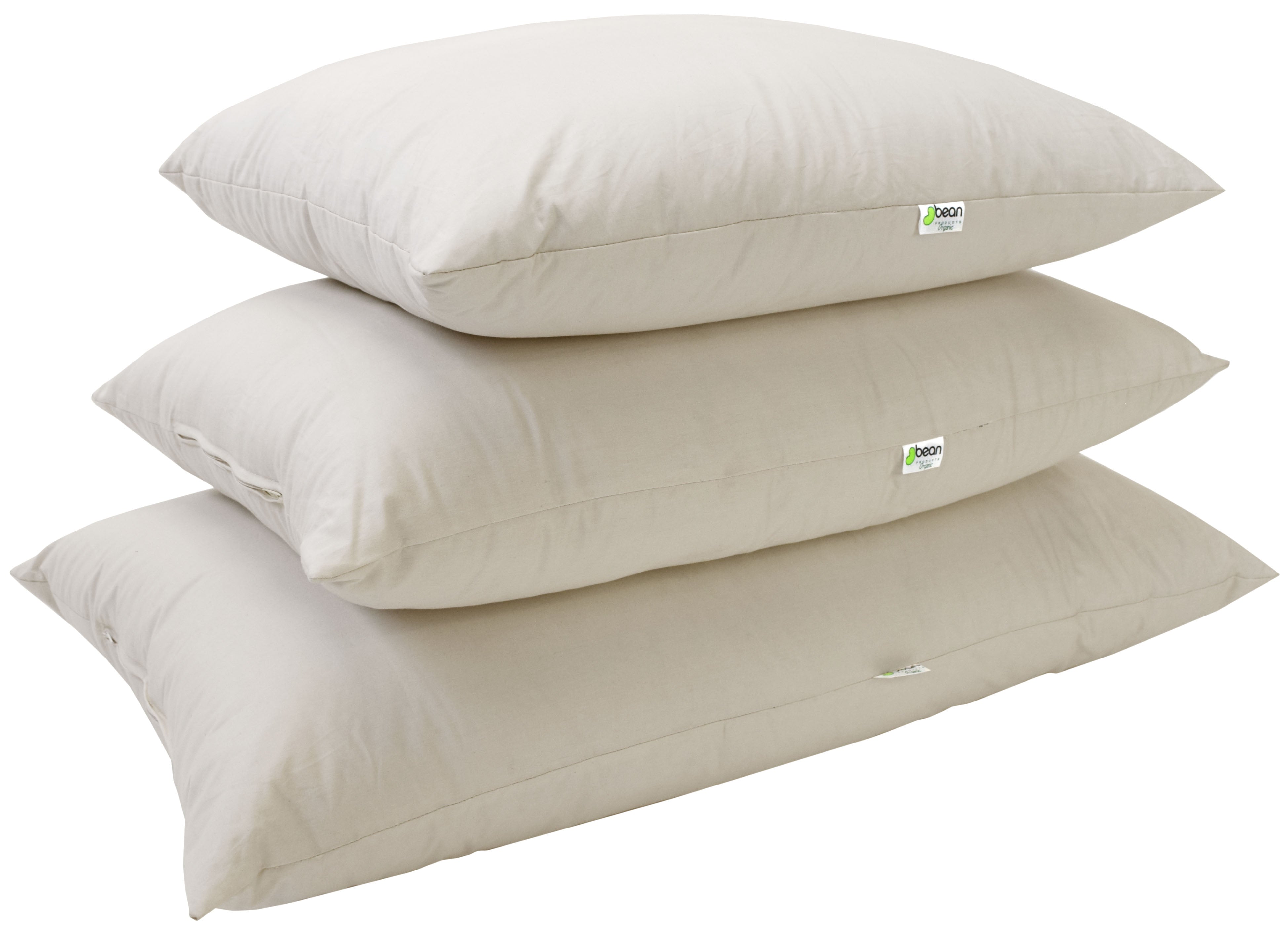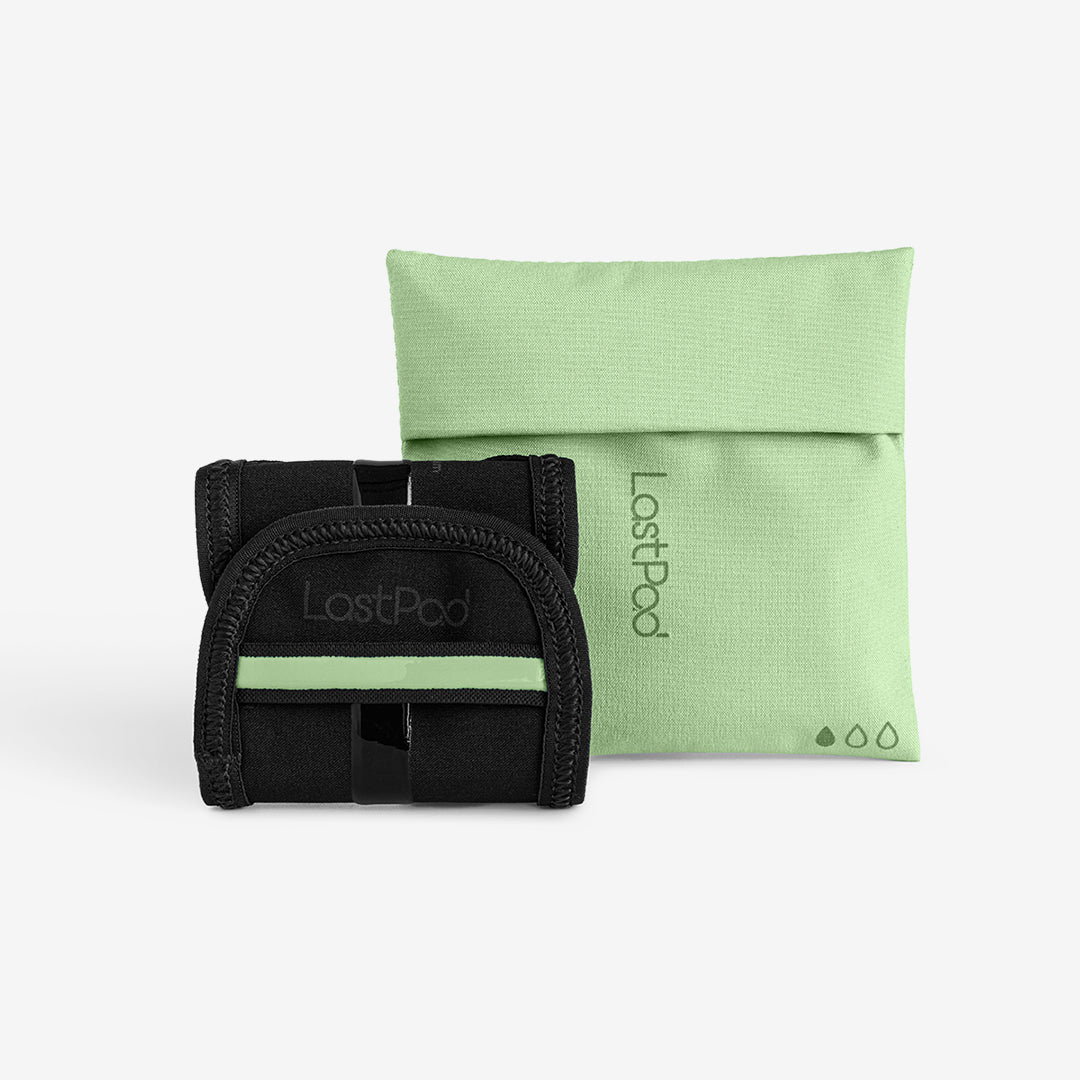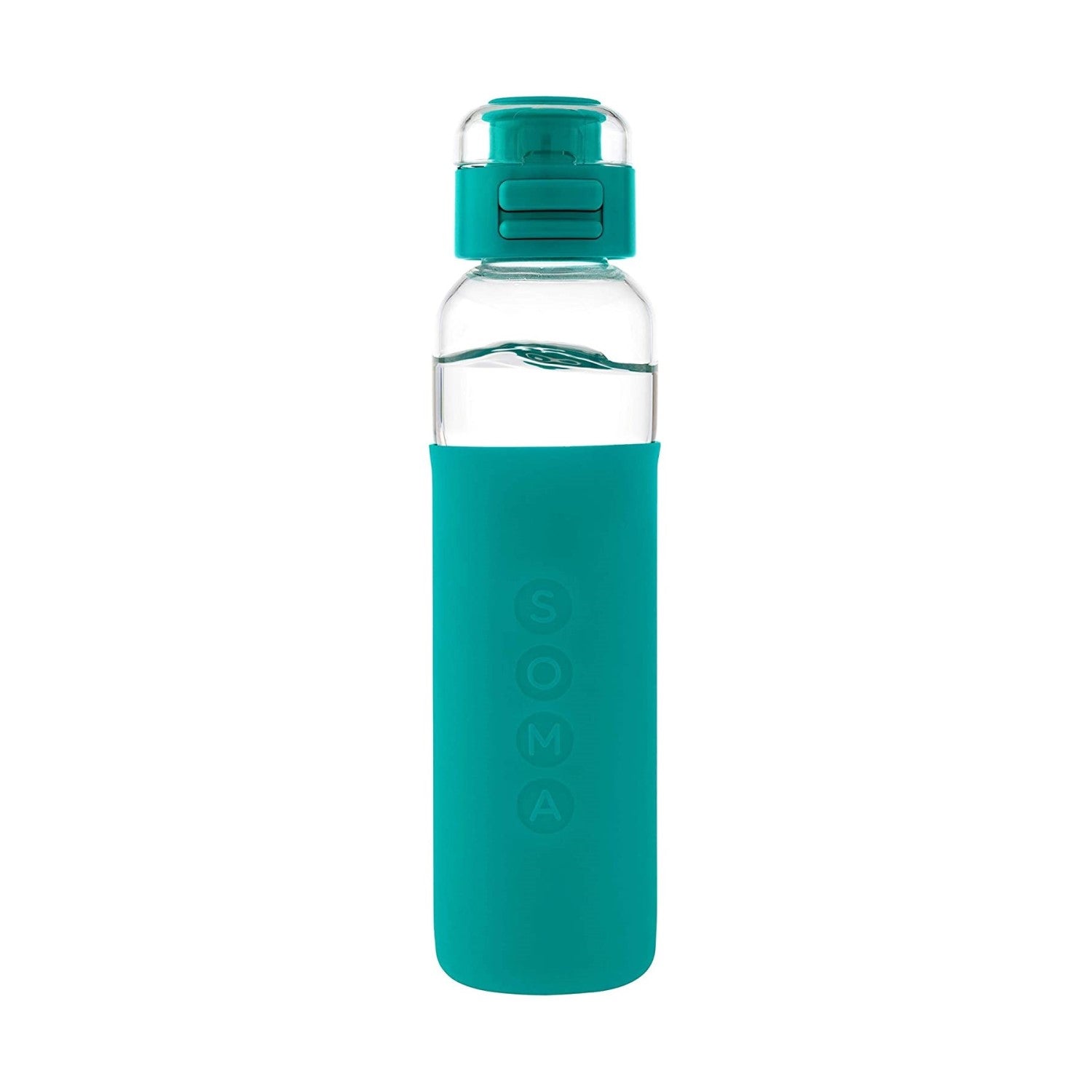Sustainable Living
The Economics of Going Green: Costs vs. Benefits
August 20, 2024
Yarkın Tepe
4 min

As environmental awareness increases, more consumers are facing decisions every day about which products to bring into your homes and how these choices affect not only your household budget but also the planet.
In this blog, we will dissect the economics of going green, providing you with a comprehensive look at both the upfront costs and the long-term benefits of eco-friendly products. Whether you’re contemplating switching to biodegradable kitchen wraps or investing in energy-efficient appliances, understanding these factors will help you make informed decisions that align with your family’s values and financial goals.
The Cost of Eco-Friendly Products
When transitioning to an eco-friendly lifestyle, one of the first hurdles many families encounter is the cost. At first glance, green products often appear more expensive than their conventional counterparts. Let's explore why this is and what it means for your budget.
Initial Investment: Eco-friendly products are generally associated with a higher initial price point. This is due to several factors. First, the materials used are often sourced more sustainably, which can involve more expensive production methods or fair-trade practices. For instance, organic cotton, which avoids the harmful pesticides used in traditional cotton farming, is typically costlier to grow and harvest.
Price Analysis: To give you a clearer picture, let’s compare typical household items. A conventional laundry detergent might cost around $0.20 per load, while its eco-friendly counterpart could cost $0.30 per load. Although the difference seems minimal, it can add up over time. However, it's crucial to consider not just the price but the value. Eco-friendly detergents often use concentrated formulas, meaning you use less per load, potentially balancing the cost over time.
Factors Influencing Costs: Beyond production and sourcing, eco-friendly products often invest more in ethical labor practices and environmental initiatives. These can include ensuring fair wages and safe working conditions for workers, and investing in environmentally friendly technologies and packaging. While these practices contribute to the higher price tag, they also ensure that the products you purchase align with values of sustainability and fairness.
Despite these costs, it’s important to remember that the price you pay is an investment not just in a product, but in a set of values. You're supporting a more sustainable and ethical system of production, which has intrinsic benefits that go beyond immediate financial cost.
Benefits of Eco-Friendly Products
While the initial cost of eco-friendly products can be higher, the benefits they offer often justify the investment. These benefits not only affect your personal health and household but also contribute to environmental and social good. Here’s a closer look at the advantages of incorporating green products into your lifestyle:
Long-Term Savings: One of the most compelling reasons to go green is the potential for long-term savings. Eco-friendly appliances, for example, are designed to be more energy-efficient and use less water, which reduces your utility bills over time. Similarly, sustainable clothing and household items are often made with higher quality materials to last longer, decreasing the frequency of replacement.
Health and Environmental Impact: Choosing products that are free from harmful chemicals and made using sustainable practices reduces your family’s exposure to toxins and decreases your home’s environmental footprint. For instance, using natural cleaning products improves indoor air quality and is safer, especially for children and pets. Additionally, by reducing pollutants and conserving natural resources, you contribute to a healthier ecosystem.
Social and Ethical Rewards: Purchasing eco-friendly products also supports a larger movement towards ethical consumerism. By choosing brands that prioritize fair labor practices and sustainable production, you help promote a market for ethical goods. This not only assists in improving working conditions globally but also encourages more companies to consider how their operations impact the environment and society.
Community and Cultural Shifts: As more people adopt eco-friendly habits, communities develop a stronger culture of sustainability. This can lead to broader changes, such as more local governments investing in renewable energy or implementing recycling programs. Your individual choices, combined with those of others, play a crucial role in driving these systemic changes.
Educational Impact: By incorporating eco-friendly products into your life, you also educate your children and others around you about the importance of sustainability. This awareness and behavior are crucial for instilling environmental values in future generations, ensuring that the movement towards a greener planet continues.
Conclusion
In conclusion, while the upfront cost of eco-friendly products can sometimes be higher, the myriad benefits—from financial savings in the long run to substantial health and environmental impacts—make it a worthwhile investment. Choosing sustainable options allows you to align your daily purchases with your values, contributing to a healthier planet and a better future for generations to come.
We encourage you to start making small changes today. Whether you're ready to replace a few household items or overhaul your shopping habits entirely, every step towards sustainability counts. Visit our website for a wide range of eco-friendly products that cater to every aspect of your life from personal care to home essentials. For more insights and inspiration on living sustainably, check out Flora Blog. Let's embark on this green journey together, creating a healthier home and a thriving planet.
Daily Deals
See All ProductsBest Sellers
Most Popular
Explore and shop the most popular products. Updated frequently!

5 min
National Coffee Day: Celebrate Conscious Coffee Consumption with Flora
In today's world, where sustainability is more than a trend but a necessity, Flora is proud to spotlight a selection of eco-friendly products designed to enhance your daily coffee ritual while caring for the planet.

6 min
Sustainable Living Guide #13: Sustainable Building and Renovation
Undecided with Matt Ferrell
Sustainable building and renovation represent a transformative approach to construction and home improvement that prioritizes environmental responsibility, resource efficiency, and the health of occupants.

5 min
Beach Day, the Eco Way: Must-Have Products from Flora!
From innovative sun protection options to stylish, sustainable beach gear, each product in our lineup adheres to Flora's commitment to sustainability and health. Our selection ensures you'll be well-prepared, environmentally conscious, and effortlessly chic.

5 min
How to Reduce Plastic Use in Daily Life
TED-Ed
Plastic pollution has become one of the most pressing environmental issues of our time, as vast amounts of plastic waste end up in our oceans, landscapes, and even our food chain. Every year, millions of tons of plastic are produced with a significant portion destined for single-use products that quickly become waste.

5 min
Sustainable Living Guide #11: Sustainable Travel and Tourism
Eco-friendly tourism is crucial due to its reduced environmental impact compared to traditional travel, which often contributes to significant carbon emissions and ecological degradation. By choosing sustainable travel options, tourists can help preserve local ecosystems and support conservation efforts.

6 min
The Benefits of Minimalism and How to Live More Sustainably
The Minimal Mom
Minimalism is more than just an aesthetic or a trend—it is a conscious choice to simplify life by focusing on what is essential. At its core, minimalism is about stripping away the unnecessary, leaving room for what truly adds value to our lives.

4 min
Sustainable Living Guide #10: Sustainable Technology
In this episode of Sustainable Living Guide, we explore how technology intersects with sustainable living offering innovative solutions that reduce environment. Sustainable technology refers to the design and application of devices, systems and services that promote resource efficiency and environmental responsibility.

4 min
10 Easy Eco-Friendly Swaps for a Greener Home
Transitioning to a greener home doesn’t have to be daunting. Small, manageable changes can accumulate to create significant environmental benefits. This blog post will explore 10 easy swaps that any family can implement to make their home more eco-friendly.

5 min
Find Your Zen: Eco-Friendly Products for International Relaxation Day
Taking a moment to pause and rejuvenate isn't just a luxury—it's essential for maintaining our well-being. International Relaxation Day invites us all to slow down and indulge in practices that restore our mind, body, and spirit.






























